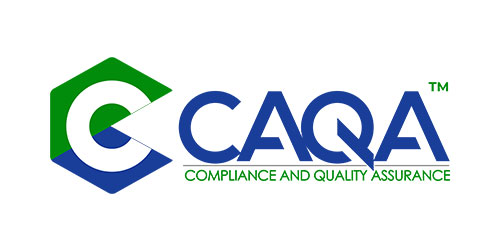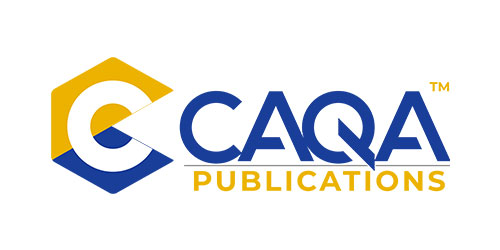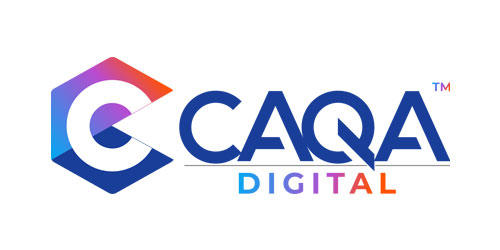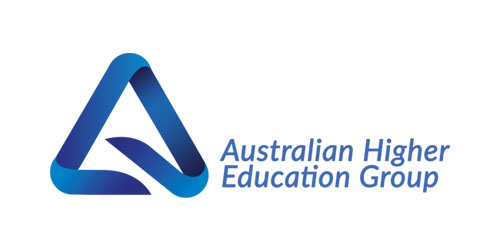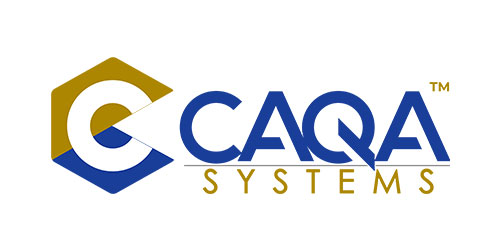-
Home
- |
- Blogs
- |
- Higher Education
- |
- Contract cheating – One out of every ten students submits assignments written by someone else – and the vast majority of them get away with it.
- Home
- |
- Blogs
- |
- Higher Education
- |
- Contract cheating – One out of every ten students submits assignments written by someone else – and the vast majority of them get away with it.
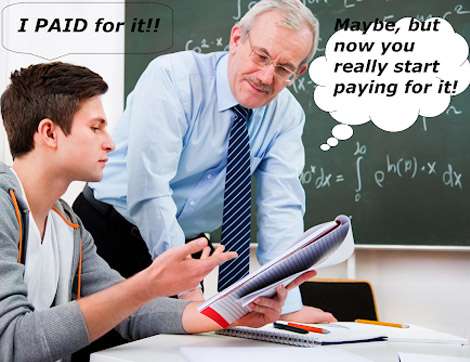
Contract cheating – One out of every ten students submits assignments written by someone else – and the vast majority of them get away with it.
Despite popular belief, contract cheating is more prevalent in Australian institutions than many would expect. According to a recent survey conducted by the University of Western Australia, one in every ten students across Australia’s institutions is guilty of paying someone to create assignments or take online examinations on their behalf.
Contract cheating is a form of academic dishonesty that occurs in educational institutes. It is an unethical and illegal practice that may occur when students are offered incentives for providing their own answers to exam questions or for giving other students their answers.
The most serious form of cheating is also the most difficult to detect, and it is occurring at a higher rate than previously assumed. It was estimated that between 2-4 per cent of Australian institution students submitted projects that had been authored by someone else. According to recent research, the true figure is closer to 8-11 per cent. Furthermore, almost 95% of students who engage in this type of cheating do not get caught.
Using essays and reports to exhibit learning, assignments allow students to demonstrate their understanding of the material. If the assignment is written by someone else, it is possible that a student will graduate without knowing something that they are meant to know. Contract cheating is the term used to describe when students arrange for someone else to do an assignment on their behalf. Numerous students were involved in contract cheating cases that made headlines, such as the MyMaster affair, which involved thousands of students.
Even at the most affected institutions, however, this represented less than 0.2 per cent of all students. According to polls, at least ten times as many students (2-4 per cent) admit to engaging in contract cheating.
The reason why contract cheating happens in educational institutes is because of the lack of transparency and trust between the institution and its students. The lack of trust between the two parties leads to a lack of respect for each other’s rights and responsibilities.
Contract cheating is not just limited to universities but it can also happen in the vocational education and training sector and even secondary schools.
The main reasons for this are the following:
- Financial pressures on the students.
- The easy way out for the students.
- Students are not aware of their rights and responsibilities as a student.
- Students believe cheating is okay as there are no or very few repercussions.
- Students lack good morals or are good at gaming the system.
- Students might be afraid of failing or not being able to finish their degree due to a lack of time or resources.
- Students may not be taught how to create quality work
- Students may lack motivation and don’t want to spend time on a project because they are too busy with other activities
- Students may have been taught that plagiarism is wrong, but contract cheating seems like a way around this
- Students feel pressured to do well because of the high-stakes nature of the exams.
- Lack of clarity around what is expected, which leads to uncertainty and stress.
- The system has not been designed to cater for students with special needs or those who require more time to complete.
This often happens when students are unaware of the severity of contract cheating and how it can affect their future opportunities in education and training.
One article by ‘Times Higher Education’ states approximately “5% of all students surveyed said they had previously paid someone else to do their work” which shows that there are many who resort to contract cheating since studying takes up most or all of their lives, leaving little room for other sources of income which could lead these individuals into debt.
Another article on ‘Times Higher Education’ mentions that without a source of income and having to study full time, one may choose not to submit their own work since they may feel like they lack the time or capacity to complete assignments. The same article also talks about how some universities have strict rules against plagiarism which makes it difficult for students who are so used to doing this when faced with an essay question. They mention how “some students described being in exam situations when the script contained quotes from several different sources”, so contract cheating could provide them with enough space in their essays to quote various sources, while still getting good grades.
3 years ago
Related News

17 November, 2016
VET student loans to support only genuine students
The education minister, Simon Birmingham, has revealed strict new rules for courses and training organisations in the VET student loans program that will penalise colleges with less than 75% pass rates by restricting enrolments. The Department of Education expects the reforms, which begin at the start of next year, to remove about a third of […]
8 years ago

8 June, 2018
Record breaking number of overseas students are selecting Australia as their education destination
Figures released recently showed a 12% increase in the number of foreign students in Australia compared to the same period last year, more than 500,000 for the year, according to new government figures. Education Minister Simon Birmingham said Australia has taken in some 510,000 international students from over 190 countries this year. The number of […]
6 years ago

27 August, 2018
Private students to be included in national student survey
For the first time, the National Centre for Vocational Education Research’s (NCVER), major survey of VET students will include fee-paying students at private colleges. Over coming weeks around 220,000 students will be asked about their recent training experience as part of the Student Outcomes Survey. NCVER Managing Director Dr Craig Fowler said that, to date, […]
6 years ago

27 August, 2018
Higher education standards framework (threshold standards) 2015
TEQSA registers and evaluates the performance of higher education providers against the Higher Education Standards Framework, specifically, the Threshold Standards. All providers must meet the Threshold Standards in order to enter and remain within Australia’s higher education system. The Standards are available online. The Higher Education Standards Panel (the Panel) was established to provide independent advice to […]
6 years ago

27 August, 2018
Ombudsman for dodgy colleges
Dozens of Victorian education providers will be scrutinised by a new investigation unit looking into dodgy training courses across the state. The new squad, headed by a former Victorian Ombudsman investigator, will conduct detailed investigations into “unscrupulous training providers”, and closely examine the quality of courses on offer. The team is currently focusing on online […]
6 years ago
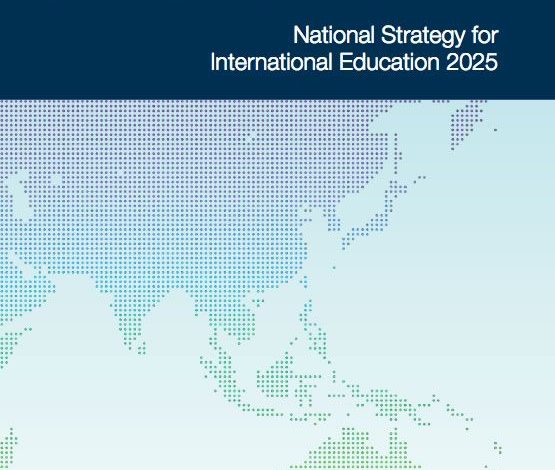
27 August, 2018
National Strategy for International Education 2025
Australia’s first National Strategy for International Education 2025 sets out a 10-year plan for developing Australia’s role as a global leader in education, training and research. Pillar 1 Strengthening the fundamentals Goal 1: Building on a world-class education, training and research system Goal 2: Delivering the best possible student experience Goal 3: Providing effective quality […]
6 years ago

27 August, 2018
Vocational education and training courses behind significant drop of crime rate.
Vocational education and training courses have been linked to a significant drop in Victoria’s crime rates by University of Melbourne economists. They believe the benefits of the controversial education reforms have been overlooked. “What has been missing is that these reforms did increase access to publicly funded training and that has had positive flow on […]
6 years ago

27 August, 2018
Heavy penalty for bogus qualification
A former trainer has been ordered to pay $120,000 for providing her employer with 11 bogus vocational education and training (VET) qualifications, providing another two bogus qualifications to a co-worker and submitting false qualifications to the national regulator as proof of her competency. The Australian Skills Quality Authority (ASQA) successfully obtained declarations from the Federal […]
6 years ago

11 September, 2018
Fake universities may have produced bogus lawyers and doctors in UK
More than 30 fake UK universities have been shut down in the past year as concern grows about students being mis-sold fraudulent degrees. The Law Society Gazette reports that 32 fake academic institutions were closed by the government over the past year; 25 of them claimed to be in the UK but were found to […]
6 years ago
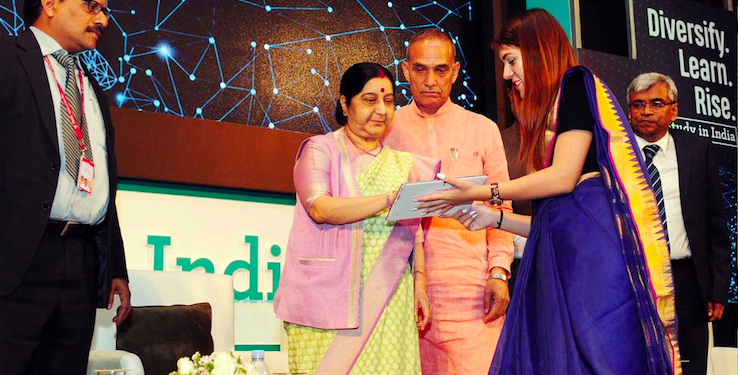
11 September, 2018
India to be top study destination in two years
The Indian government has promised fee waivers to foreign students choosing India as their study destination as part of a campaign that has a commitment to welcome 1 million inbound students. Following the launch of the Study in India web portal on April 18, which will be a one stop solution for international students, the government has […]
6 years ago

5 November, 2018
Private training colleges face too much scrutiny, says ACPET
Excessive scrutiny of detailed regulatory issues by the national skills regulator is forcing private colleges into legalistic compliance, according to the Australian Council for Private Education and Training (ACPET). ACPET has called for a review of the quality standards for VET following the latest annual report of the Australian Skills Quality Authority. Independent RTOs were […]
6 years ago

22 August, 2021
Online learning is much more than access to training and assessment materials online
In spite of the fact that different nations are at different stages of COVID-19 infection rates, there are currently more than billions of learners in 186 countries who are affected by face-to-face classroom closures as a result of the epidemic. This is one of the reasons why we decided to create a few articles to […]
3 years ago

19 September, 2021
University jobs lost at a rate of ‘one in five’ as COVID-19 border laws continue to bite
As a result of the COVID-19 pandemic and accompanying economic recession, Australia’s higher education sector was hit harder than any other industry in the country’s economy, according to the latest report. Because of public health measures and the closure of Australia’s borders to international students, universities in Australia have been driven into financial and operational […]
3 years ago
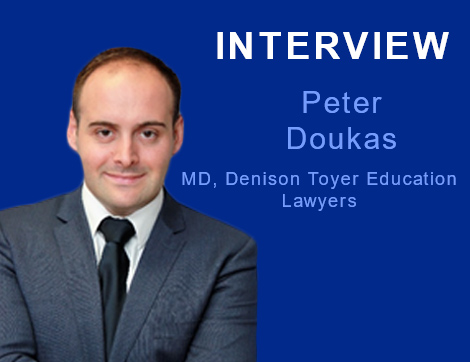
1 November, 2021
Interview with Peter Doukas – Managing Director, Denison Toyer Education Lawyers
Peter owns and operates Sydney based education law firm Denison Toyer. Working in the field of Education Law and Corporate Governance since 2007 Peter has acted for over one hundred Registered Training Organisations and Higher Education Providers in various stages of the education management cycle. He routinely acts for colleges in the Administrative Appeals Tribunal […]
3 years ago

31 January, 2022
Contract cheating – One out of every ten students submits assignments written by someone else – and the vast majority of them get away with it.
Despite popular belief, contract cheating is more prevalent in Australian institutions than many would expect. According to a recent survey conducted by the University of Western Australia, one in every ten students across Australia’s institutions is guilty of paying someone to create assignments or take online examinations on their behalf. Contract cheating is a form […]
3 years ago
Archives
- July 2022
- June 2022
- May 2022
- April 2022
- March 2022
- February 2022
- January 2022
- December 2021
- November 2021
- October 2021
- September 2021
- August 2021
- July 2021
- June 2021
- May 2021
- April 2021
- March 2021
- December 2020
- November 2020
- May 2020
- February 2020
- December 2019
- November 2019
- October 2019
- September 2019
- August 2019
- July 2019
- May 2019
- April 2019
- March 2019
- December 2018
- November 2018
- October 2018
- September 2018
- August 2018
- July 2018
- June 2018
- May 2018
- November 2016
- October 2016

Sukh Sandhu
Chief Executive Officer
Sukh has been working in the VET and Higher Education Industry for over 20 years. In this time, he has held several roles with RTO’s including CEO roles for International Colleges and National Compliance and Quality Assurance Manager roles for several RTO’s, TAFE’s and Universities. Sukh has also worked for ASQA as a Business Systems Project Official.
Sukh has had extensive project management experience in risk management, compliance, administration and as a training consultant. He has extensive knowledge in government compliance standards and has participated in nearly one hundred audits across Australia and provided consultancy advice regarding ASQA/VRQA, TEQSA, ACPET, DET-HESG, VQF/Higher Education, ELICOS, NEAS, ANMAC, AHPRA, CRICOS, ESOS and ISO.
Sukh is a member of several independent professional organisations and government bodies including, ACPET, VELG, ACS, AITD, MARA, MIA, ISANA, APEX, IEEE, The Internet Society (Global Member), AISIP, IAMOT, ACM, OISV, APACALL, IWA, Eta Kappa Nu, EDSIG and several others.
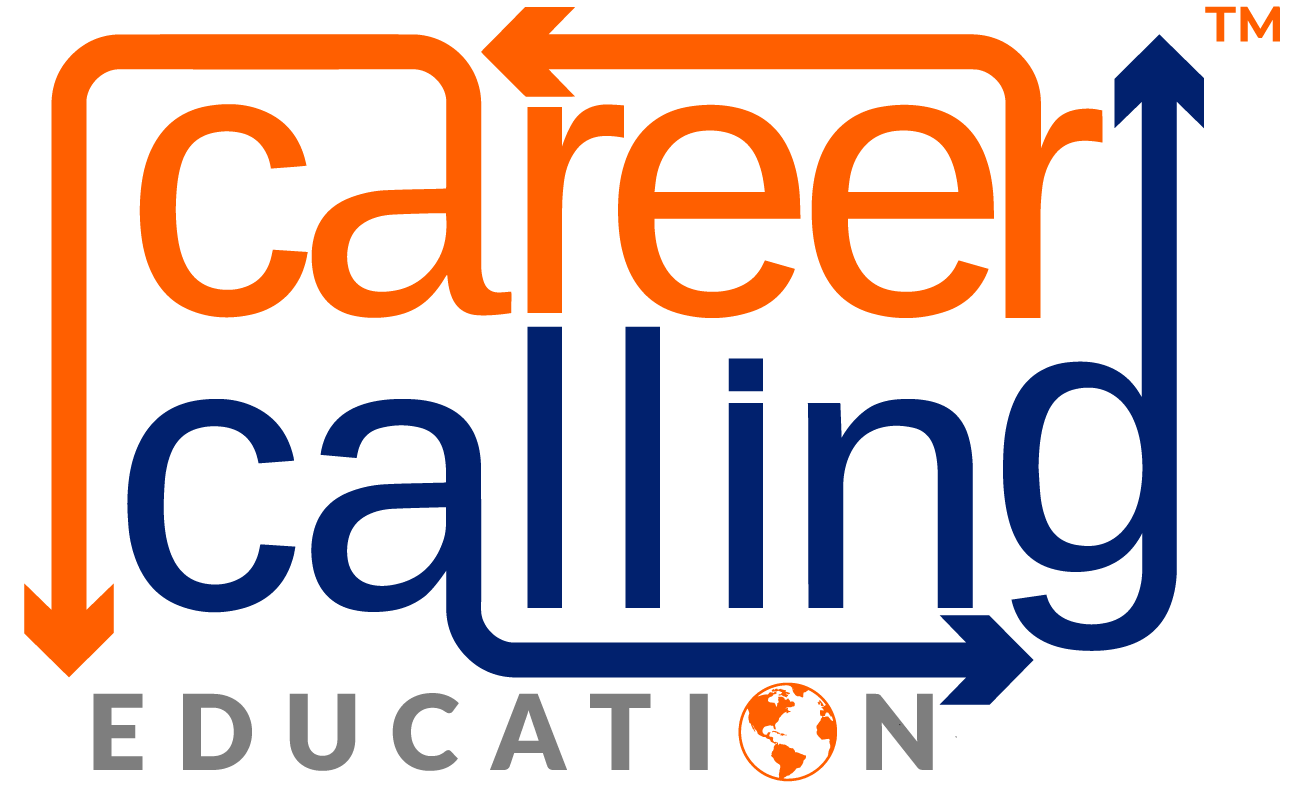
 Enrol Now
Enrol Now Info Pack
Info Pack
